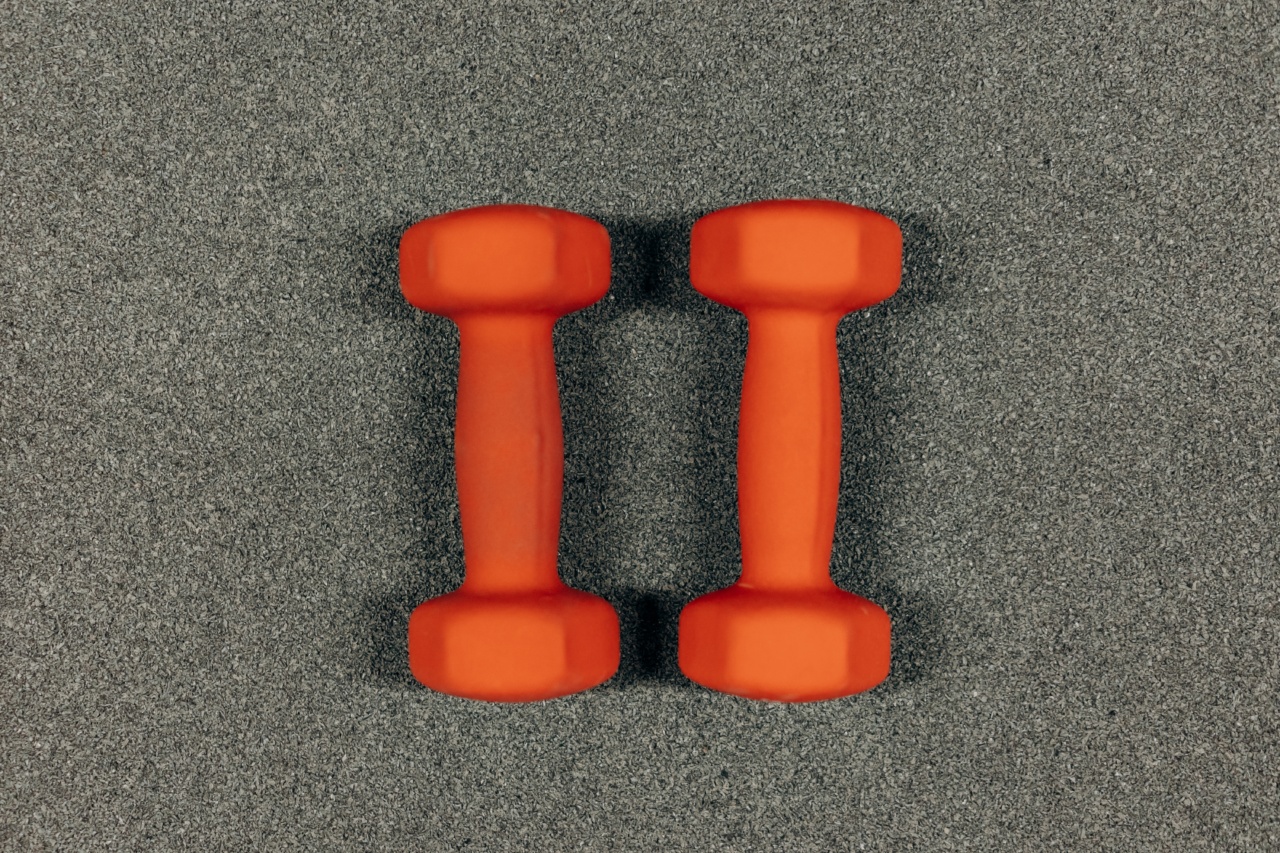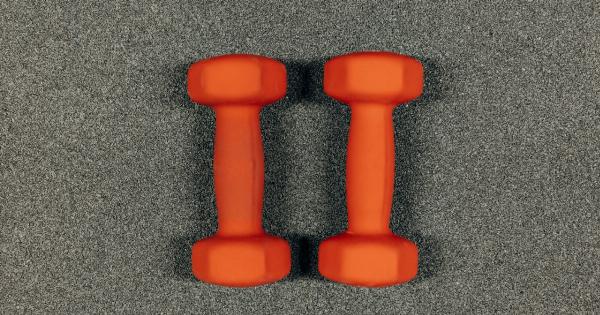Losing weight can be a challenging task for many people. However, with the right approach, it can be achieved quickly and healthily.
Shedding off eight pounds in just 30 days is possible, but it requires a combination of discipline, hard work, and the right diet and exercise plan. In this article, we will discuss some tips and strategies that you can use to lose weight effectively within a month.
Set Realistic Goals
One of the keys to quick weight loss is to set realistic goals. Losing eight pounds in 30 days is achievable, but it requires a lot of effort. To ensure that you don’t give up midway, it’s essential to set achievable goals.
Setting a goal of losing one to two pounds per week is realistic and healthy. This way, you’re less likely to feel overwhelmed by the process and more likely to succeed in reaching your target weight.
Create a Calorie Deficit
Creating a calorie deficit is essential to losing weight. It means burning more calories than you consume. To achieve a calorie deficit, you need to know your daily calorie needs and adjust your diet and exercise accordingly.
A safe calorie deficit for weight loss is between 500 and 1000 calories per day. This can be achieved by reducing your calorie intake or increasing your physical activity.
Eat Whole, Nutrient-Dense Foods
Eating whole, nutrient-dense foods is vital to weight loss. These foods are rich in fiber, vitamins, minerals, and other essential nutrients that promote weight loss and overall health.
Examples of whole, nutrient-dense foods include fruits, vegetables, whole grains, lean protein, and healthy fats. These foods keep you feeling full for longer and prevent overeating.
Avoid Processed Foods and Sugary Drinks
Avoiding processed foods and sugary drinks is crucial to losing weight. These foods are high in calories, sugar, and unhealthy fats that promote weight gain and other health problems.
Instead, opt for whole, natural foods that are low in calories and high in nutrients.
Exercise Regularly
Regular exercise is essential to weight loss. It helps burn calories, build lean muscle, and boosts your metabolism. Aim for at least 30 minutes of moderate-intensity exercise every day.
This can include brisk walking, jogging, cycling, swimming, or any other activity that gets your heart rate up.
Track Your Progress
Tracking your progress is crucial to weight loss. It helps you stay motivated and focused on your goals. Use a journal or an app to track your food intake, exercise, and weight.
This way, you can see how far you’ve come and make adjustments to your diet and exercise plan as needed.
Get Plenty of Sleep
Getting enough sleep is essential to weight loss. Lack of sleep affects your hormones, metabolism, and appetite, leading to weight gain. Aim for at least seven to eight hours of sleep every night.
This will help you feel rested, energized, and more motivated to stick to your diet and exercise plan.
Drink Plenty of Water
Drinking plenty of water is crucial to weight loss. It helps flush out toxins, boosts your metabolism, and keeps you feeling full for longer.
Aim for at least eight glasses of water per day, and avoid sugary and caffeinated drinks that can dehydrate you and lead to weight gain.
Find a Support System
Having a support system is essential to weight loss. This can include family, friends, or a support group that shares your weight loss goals.
Having someone to talk to, share your progress with, and hold you accountable can make a significant difference in your weight loss journey.
Conclusion
Losing eight pounds in 30 days is achievable with the right approach.
By setting realistic goals, creating a calorie deficit, eating whole, nutrient-dense foods, avoiding processed foods and sugary drinks, exercising regularly, tracking your progress, getting plenty of sleep, drinking plenty of water, and finding a support system, you can lose weight effectively within a month. Remember to be patient, consistent, and dedicated to your weight loss goals.































